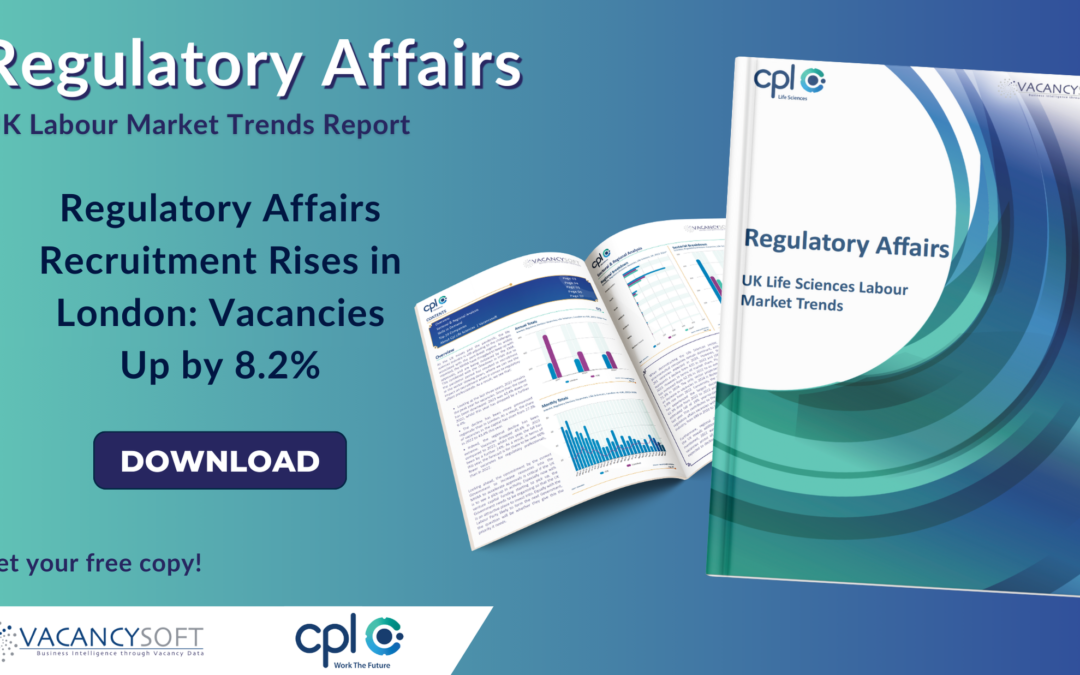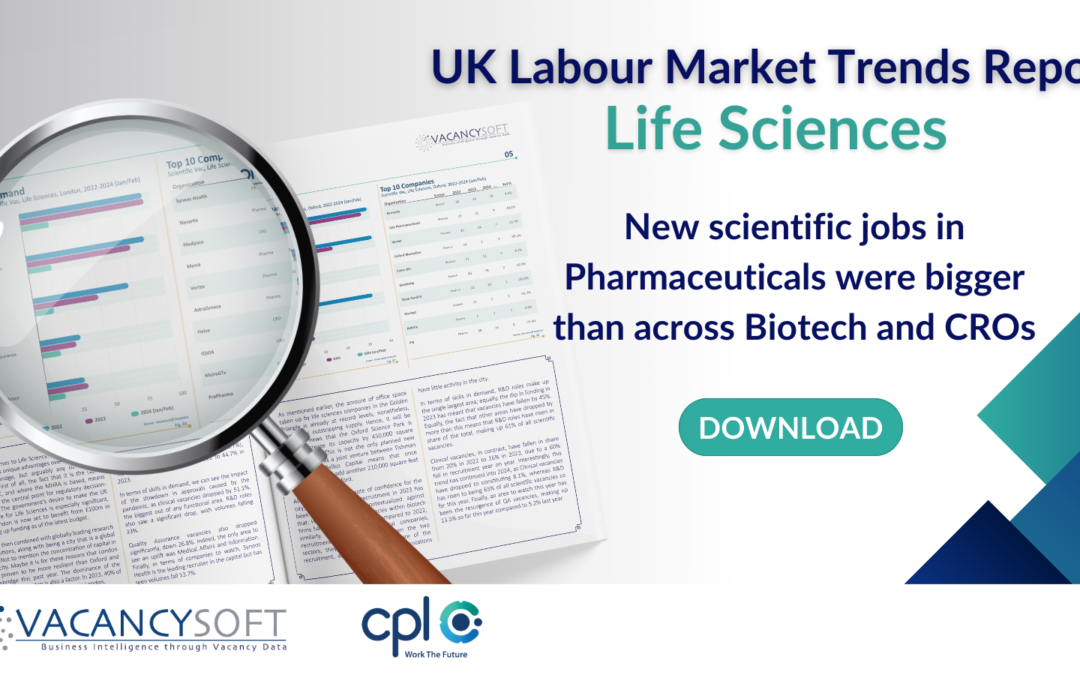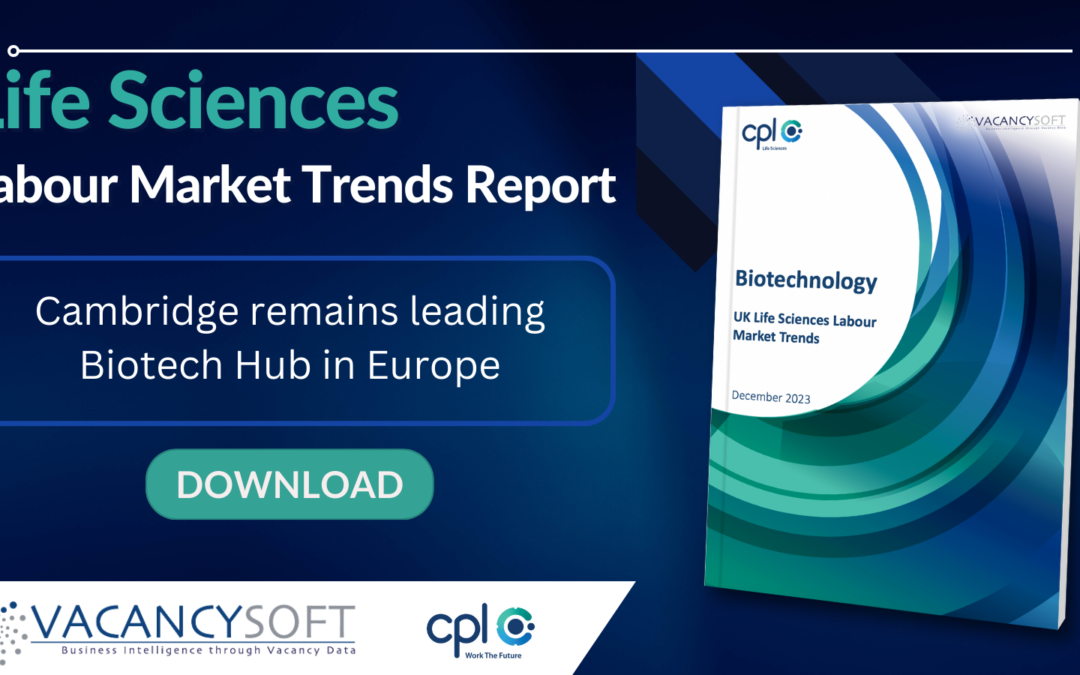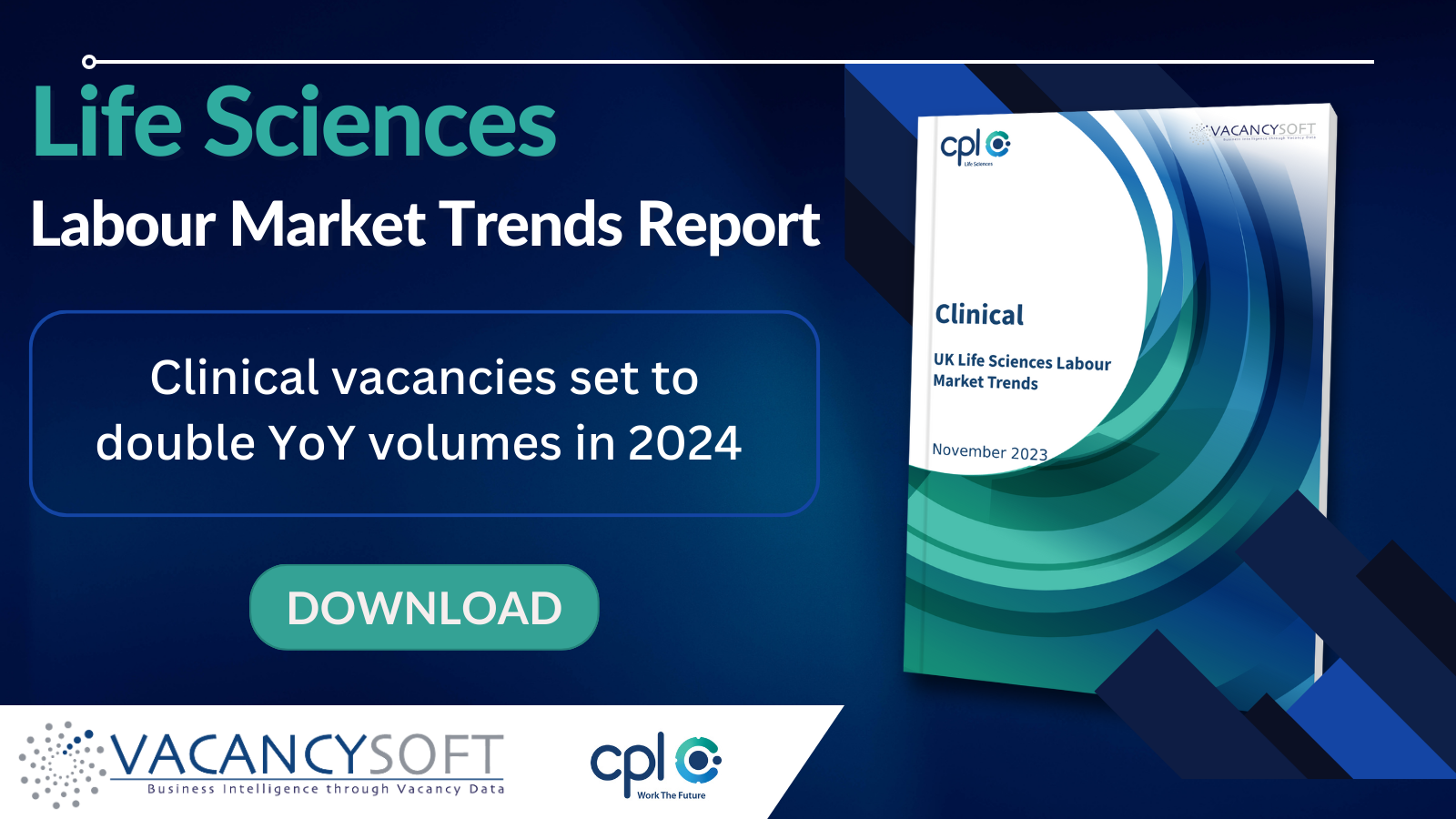
The UK’s political landscape is particularly noteworthy with Europe facing a series of summer elections. If it gains power, the Labour Party has explicitly stated its intention to improve trade relations with the EU. Although specific plans have not been detailed, any shift in this direction could alleviate the sectoral dampening caused by Brexit.

As the UK moves past the pandemic, the life sciences industry is still adjusting to the challenges associated with the post-Brexit regime. This, combined with the slowdown in trials during the pandemic, has resulted in a slowdown in recruitment within the sector, particularly affecting regulatory affairs professionals.

With the slump in the pharmaceutical sector set to continue, the long-awaited reforms to the MHRA have yet to materialise. As a result, drug approval in the UK lags behind the EU, further depressing the sector. 2023 seems to be the low point in that there has been an uptick in Q1 so far, and if this continues, it will increase by 9.1% this year compared to last. The recovery has been in London specifically, with volumes up 26.1% on last year.

According to the latest Life Sciences Labour Market Trends report by CPL and market data analysts Vacancysoft, key recruitment trends show that in 2022, there were over 4,100 new scientific vacancies published in the ‘Golden Triangle’ (Cambridge, London and Oxford). This translates to a slight decrease from 2021, when there were over 4,500 jobs, resulting in a year-on-year fall of 9.1%.

The biotech sector has been on a downward trend this year, with vacancies down 34% in 2023. With that, the first quarter saw the highest concentration of job postings, tallying 351 vacancies. Indeed, January and March were the top two months in 2023, with 131 and 123 vacancies respectively. This is according to the latest Life Sciences Labour Market Trends report by CPL and market data analysts Vacancysoft.

While 2023 has seen significantly lower levels of recruitment for clinical-specific functions, the forecast for 2024 is bullish, with the immediate projection being for two times more clinical vacancies in 2024 than in 2023.








